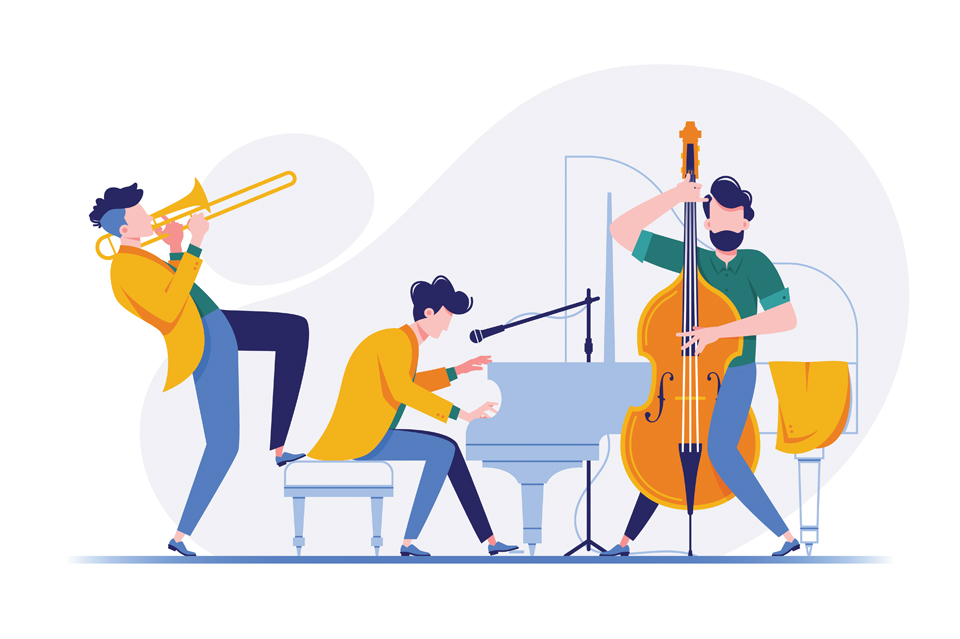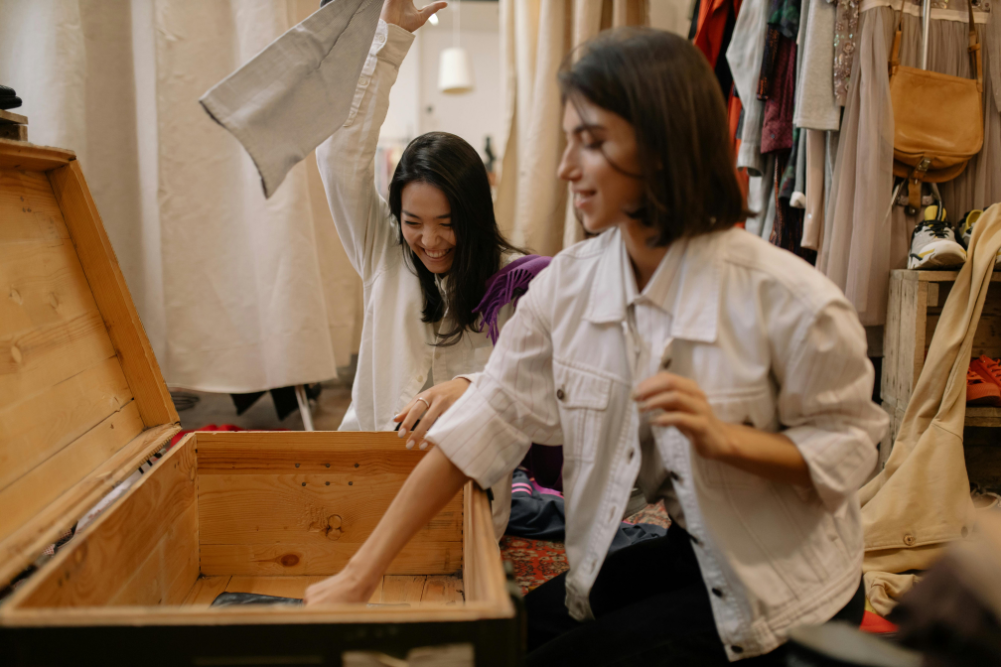Play is a state of being akin to meditation. Carving out time for play can enhance your energy, productivity, creativity and overall quality of life.
Isn’t it marvellous to witness children run around in circles until they’re red in the face? Or see them paint without restrain — fingers and all? Or listen and watch as they act out imagined stories with their toys, friends or sticks and leaves?
It’s fascinating how they can simply just do things, for no reason at all, have an amazing time while doing it and feel either more energised or wonderfully sleepy by the end. This phenomenon is called “play”. We all used to do it, but somewhere between childhood and adolescence, we begin to believe it is pointless, unproductive, immature and best left for the tiny humans.
But what if I were to tell you that this forgotten practice is the key to becoming just the opposite — a focused, productive, creative, calm and energised big human. That’s the dream, right?
So what is play, really?
Play as an activity looks different for everyone, as different personalities
find joy and pleasure from various tasks. But play as a concept is akin to meditation. It is a state of openness, connectedness and complete presence in the moment. It is something that you do for the experience and not the outcome.
In order to truly play, like a child in bliss, you move freely, you’re present to your surrounds while focused on the task at hand and you don’t feel a sense of time or space. It’s that juncture where judgements, reservations and expectations are let go, and you are “in the zone”, completely immersed in the moment.
The benefits of play
As children, play is important as it helps to shape our brains, teaching us social and motor skills, emotional intelligence, awareness and connection to creativity. As adults, play has the power to develop our interpersonal and personal skills, manage mental health and decrease tension in our bodies.
Studies have shown that developing and nurturing our playful side is as important to our wellbeing as sleep and nutrition. Here are some of the benefits of play explained:
- Reduces stress through releasing endorphins (the feel-good hormone), which makes you better equipped to deal with stressful situations as you can see situations more objectively — a win for your work, home and recreational life.
- Boosts brain function by exercising its flexibility, while maintaining and potentially renewing neural connections. Through challenging mental games such as chess and crosswords, the brain becomes stronger, responsive and minimises memory loss.
- Improves relationships as less stress means a more centred and relaxed mind, with an ability to connect with others more genuinely and positively.
- Helps heal emotional trauma through behavioural patterns. The behavioural patterns driven by the brain are the same for adults as they are for children when in a state of play. These patterns shape and predict emotional health and stability in children and adults alike.
In a society that has championed the “hard worker”, the “responsible one” and the “professional” for so long, engaging in activities with no “productive” outcome can feel silly, daunting and even challenging. But if you’re open to adopting this ideal and a “play practice”, your mental, emotional, physical and spiritual health will evolve.
When looking to play, consider how you’re feeling, which archetype you’re more aligned to at that time and play according to that part of you. There is no right or wrong way to play; the only thing that is “wrong” is to not play at all. As adults, we can easily let the need to play fall way down on the never-ending to-do list of life, but in order to be your best self for you, your work and those around you, carve out the time to play and let yourself be free!
If it’s a sing-along with your favourite CD on the drive to work, playing Suduko or a quick game of hopscotch in the street, remember that you’re never too old to have fun. In the wise words of George Bernard Shaw, “We don’t stop playing because we grow old; we grow old because we stop playing.”
Hannah Sainty is a creative entrepreneur, freelance writer and intermedia artist. Drawing inspiration from nature and our intrinsic connectedness within it, Hannah explores the link between wellness and creativity.




